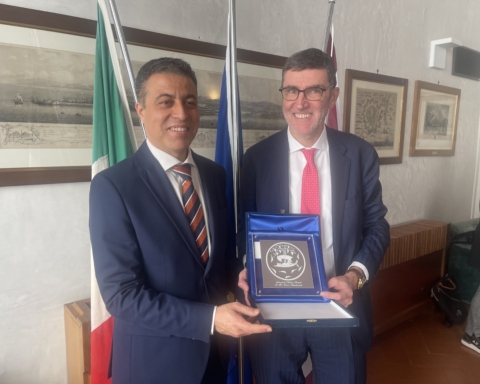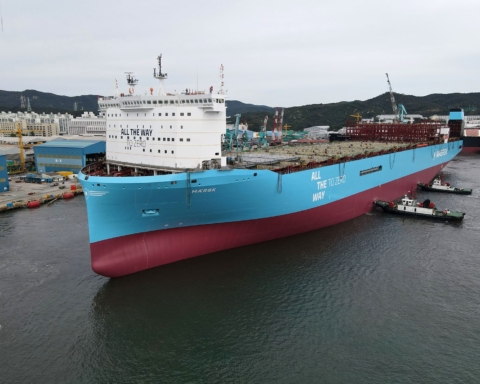Smart ships are already here. Autonomous ships are on the near horizon. NYK Lines has already tested an autonomous ship. The first transatlantic crossing of an autonomous cargo ship may occur in early-2020 with the maiden test run of the Sea-Kit autonomous cargo vessel from Canada to the UK. At present, the use of artificial intelligence and sensors, combined with complete connectivity, are assisting crews in navigation.
However, there are no uniform standards to address the cyber security risks posed by this level of connectivity. And the existence of multiple proprietary software platforms increases the risk during rescue efforts. However, the advent of the autonomous ship offers the possibility of better energy management and sustainability, reduced labor costs, and decreased environmental impact.
In order for the benefits to outweigh the risks, it seems apparent that much needs to be done to prepare for this new technology. To the extent that there will be any crew on these ships, their role must be defined and they must be well trained to handle the new technologies. Right now, there are no apparent standards for training the crew that may work on these mostly autonomous ships. The role of shore side management must also be better defined. What type of training will be needed for the shore side personnel who essentially will be in command of the vessels. Who will develop the training protocols and programs to make sure these managers are prepared to operate autonomous vessels on the world’s oceans? What type of outside experts will be needed to make sure that autonomous vessels and their software are operating properly?
An additional concern arises about the Coast Guard. They are the first responders for the maritime industry. Will they have the expertise necessary to provide response and rescue for autonomous vessels carrying cargo without a crew? Given the limited resources of many governments, there is an open question as to whether the Coast Guard will be able to respond adequately to the advent of the autonomous ship in the years to come. If much of the software for these artificially intelligent smart ships is proprietary, will the Coast Guard be able to interact with vessels in distress? Should there be more standardization for the autonomous ships of the future?
All of this poses challenges to our traditional notions of maritime liability and obligations. Will the use of autonomous ships eliminate the possibility for vessel owners’ limitation of liability? Can there be any notion of limited liability when these vessels will be operated and commanded by shore side managers? While we understand the concept of an unseaworthy ship with current technology, how will that change with smart ships and autonomous ships? Does every software glitch cause the vessel to be unseaworthy? What new standards will apply to define an unseaworthy ship? This may be a particularly pertinent question with regard to cyber security risks. Right now we have multiple sources for potential guidelines on this issue (BIMCO, CLIA, InterCargo, InterTanko, American Bureau of Shipping, etc.)
With the coming of the autonomous ship, we have to re-ask the question: what is the vessel owner’s duty of care? What will it mean to provide a reasonably safe ship when its operation is totally controlled by computer programs? Who will be considered the captain of the vessel? Will there be persons defined as seamen anymore?
We will also have to answer the question whether providers of the software that run these smart ships can be held liable for loss of life at sea when their software programs fail to function properly (even where such vendors insist upon disclaimers of liability as they usually do). All of these questions will have to be addressed by the courts over the coming years as smart ships and autonomous ships begin to sail the oceans.
While there may be some debate about how soon autonomous ships will begin to sail on a regular basis, it seems clear from recent conferences that that day is coming sooner rather than later. The importance of uniform protocols and standards cannot be over emphasized. Questions regarding duty and responsibility will be part of the discussion.




